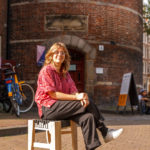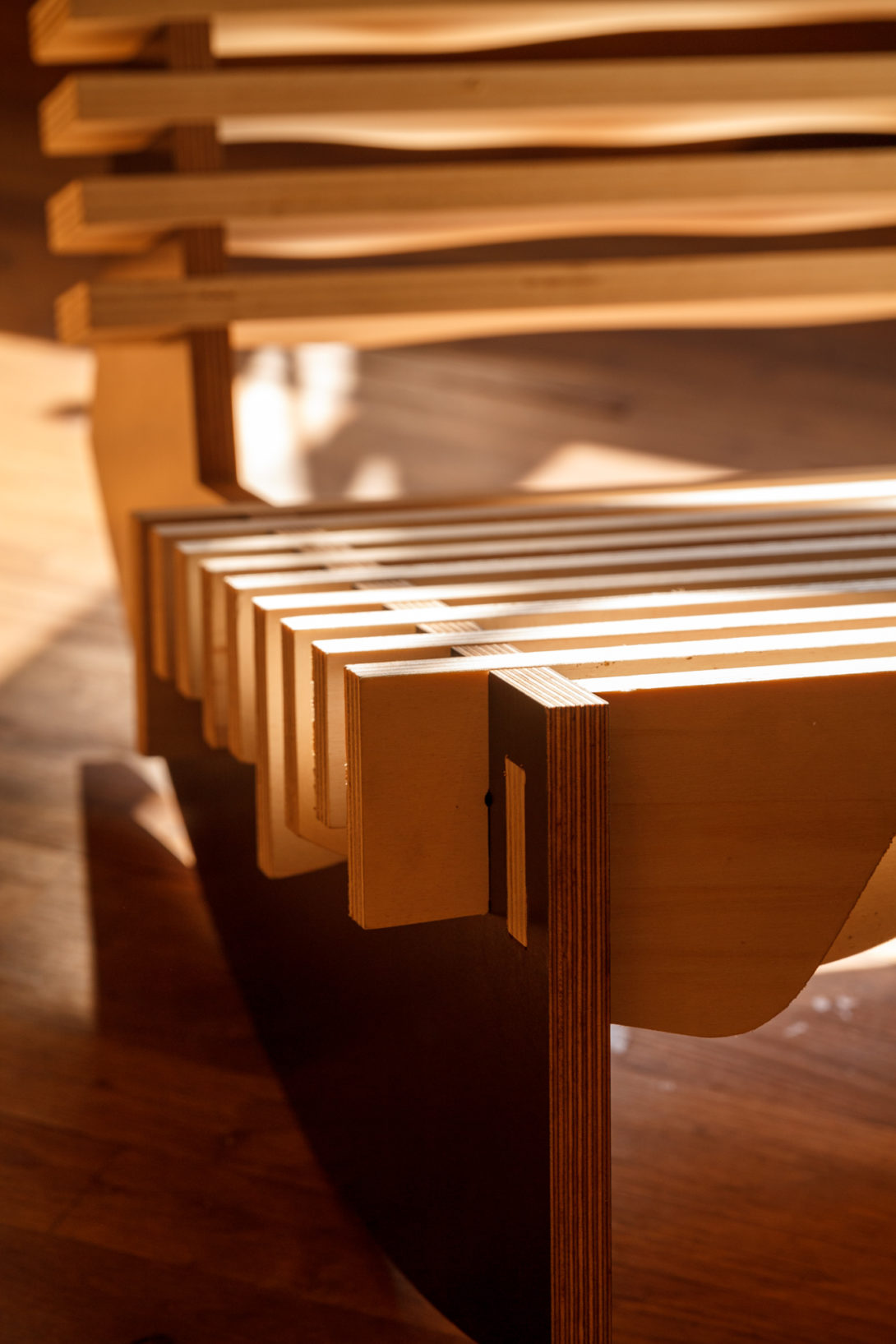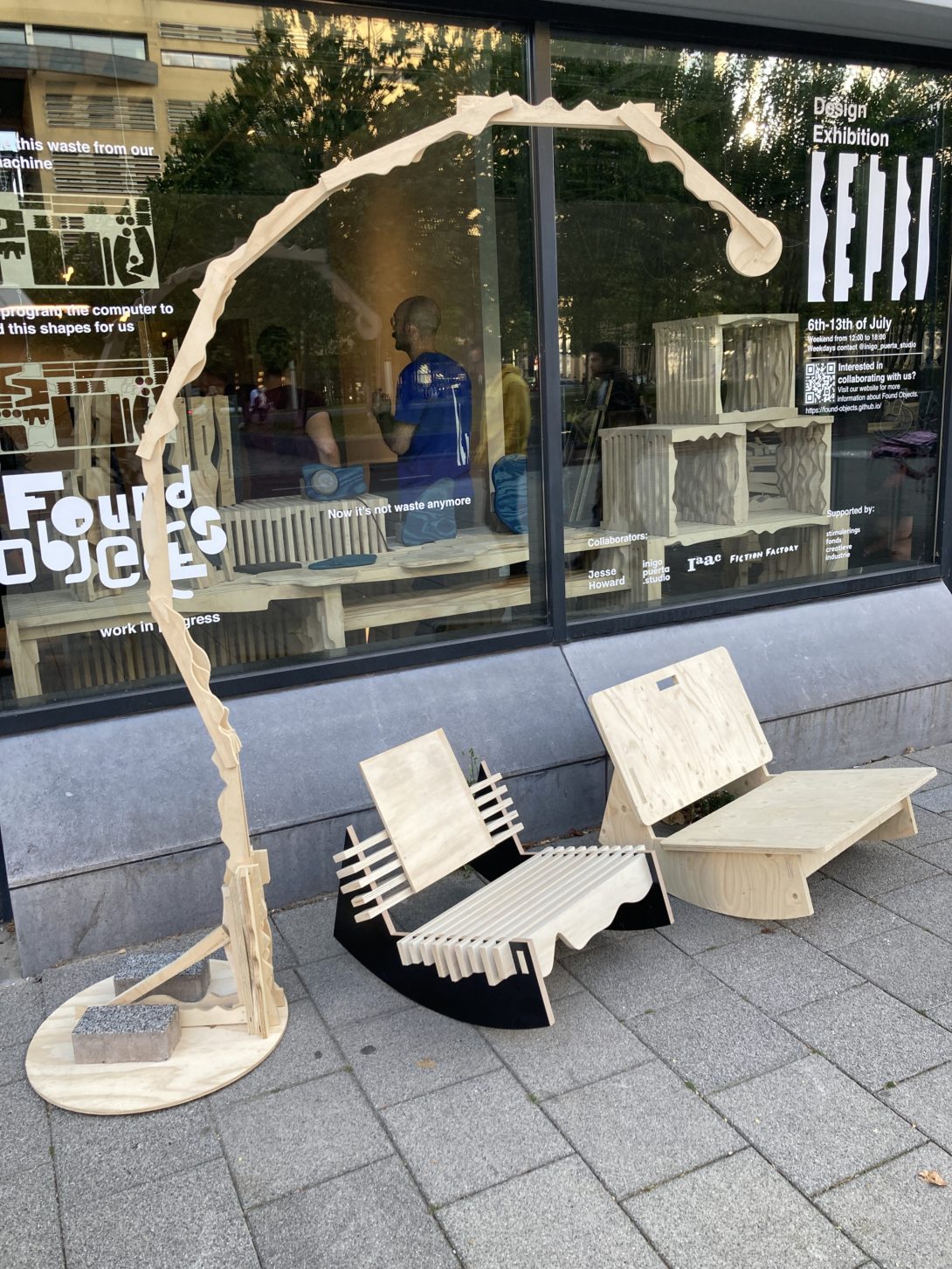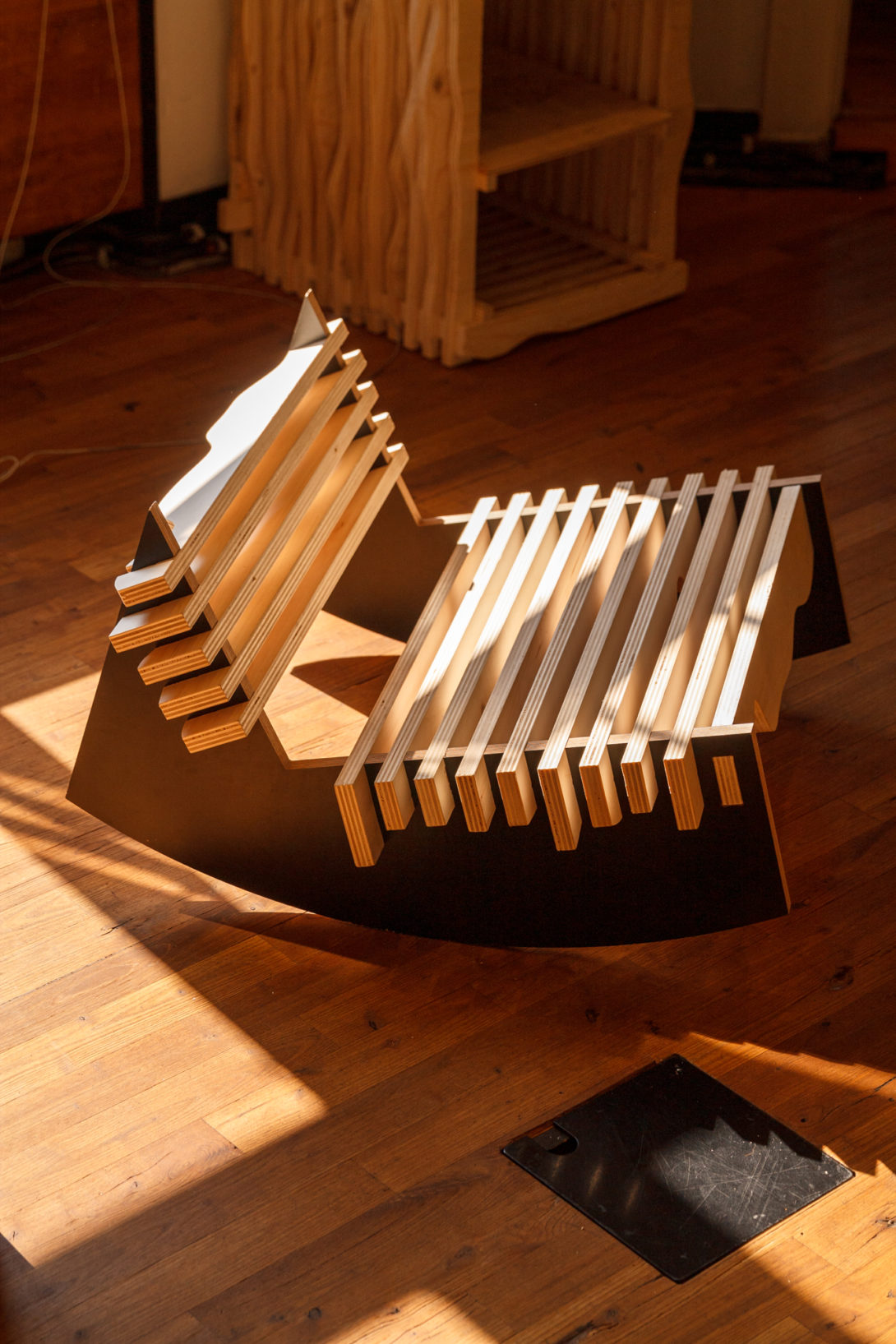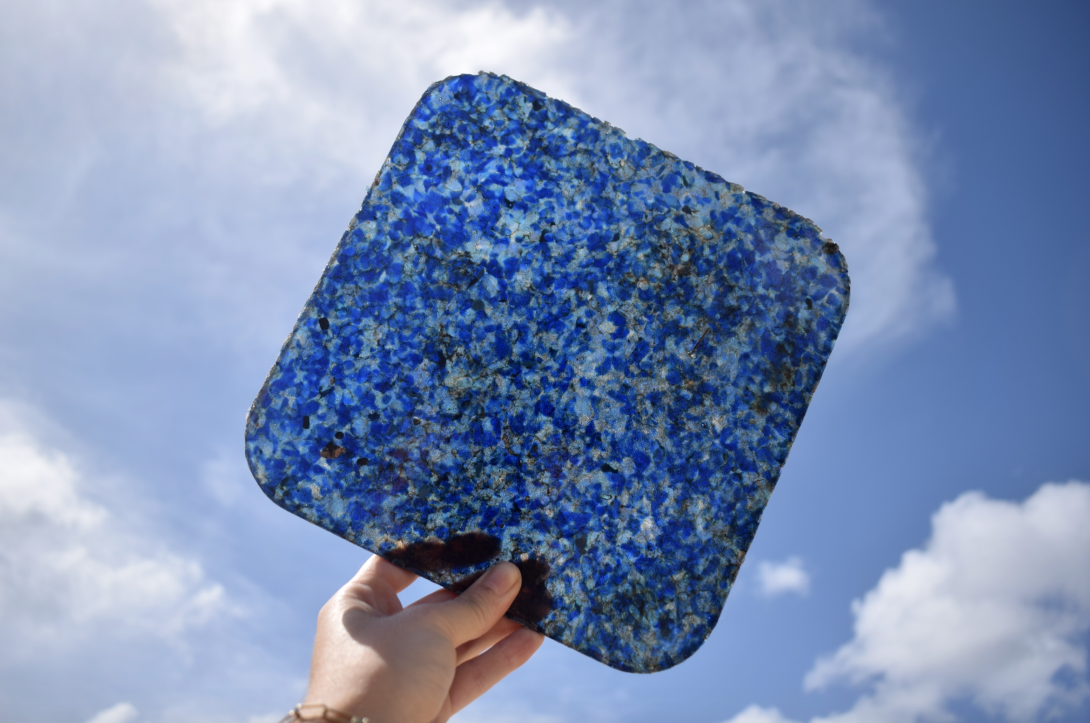About the project
Paola Zanchetta (She/Her) is an Amsterdam-based designer, maker, and researcher, driven to promote regenerative practices and awaken environmental awareness by working with waste materials in the Open-Source context.
In the current multi-crisis scenario, each design decision generates economic, social, and ecological changes on a planetary scale. The need for decentralized thinking has never been more profound, and Paola is dedicated to reshaping production and consumption paradigms. She believes that what we treat as waste today could be seen as a resource and systematically become a new raw material tomorrow. Through digital fabrication, she explores her creativity, engaging in new ways of working, thinking, and valuing circular techniques. Transforming waste into value and creating meaningful objects to help other businesses anticipate and reduce their waste.
To design is not just about creating present realities but also about enabling consequences for the future. As a distributed designer, Paola is capable of creating circular alternatives that are beneficial for humans and nature. If the future can be sustainable, why choose differently?
Projects
Found Objects
Found Objects (and here listed on the Distributed Design Platform) is an open-source design tool that transforms CNC wood waste into a new building material. Each component is generated to fill in unused sheet space before production begins. This means that while the exact shape of each component is unique – determined by whatever is being produced – the dimensions and general forms generated can be controlled: from organic and curvy to angular and geometric. Paola collaborates with other designers and makers at Fiction Factory (Amsterdam) to combat material waste by creating open, collaborative, and circular products like the hacked-rocking chair (a modified iteration of Paola’s rocking chair design, developed during FabAcademy studies in 2022). You can find the files for the hacked-rocking chair here.
PET Waste into Value
PET Waste to Value is the title of a design residency program to re-think the life cycle of PET plastic waste locally produced in Aruba, by transforming it into valuable materials and products with digital fabrication technologies. The project shows the power of design residencies, as meaningful collaborative events, where young designers & makers take an active role in tackling global issues driven by distributed design principles.
About Paola’s approach
As a society, we must minimize the negative impact of our consumption on the environment.
As designers, we play a crucial role in shifting towards a production paradigm that prioritizes local material circularity and embraces personalized, parametric design solutions. Designing goes beyond creating for the present; it involves enabling positive consequences for the future. By mapping the system and considering how key stakeholders can collaborate, we can pursue impactful solutions that lead to positive change. Design decisions have far-reaching economic, social, and ecological consequences.
The production of interior design and ephemeral architecture (like what Fiction Factory does) relies on limited planetary resources. I believe that what we treat as waste today could be seen as a resource, and systematically became a new raw material tomorrow. It is essential to commit to reimagining and redesigning the lifecycle of objects, aiming to counteract the negative effects of industrial extraction. In the face of the climate crisis, awakening customer responsibility and moving away from linear thinking is no longer optional but necessary to address the collateral impacts.
The demand for open innovation has never been greater. As a distributed designer, I have the ability to collaborate with multi-disciplinary teams, such as the one of “Found Objects,” to develop meaningful solutions like the “Found Hacked-Chair” that tackle a pressing global problem: industrial waste. To achieve high-impact circular solutions, it is vital to engage in collaborations with industries that contribute to these challenges. If we have the opportunity to collaborate to embrace an open, collaborative and regenerative future, why opt for anything else?
